In this article, researcher Anthia Cristina Fabara Rodríguez presents the study “Cognitive rehabilitation and quality of life program through NeuronUP in older adults with Alzheimer’s disease: a randomizí clinical trial”, in which our neurorehabilitation platform, NeuronUP, participatí.
Relevance of the study
This study focuses on:
- Assess whether the combination of occupational therapy with the NeuronUP cognitive stimulation platform can improve or maintain the cognitive status of individuals without cognitive impairment or with mild cognitive impairment.
- It also aims to determine whether the use of NeuronUP contributes to greater adherence to treatment and to improvements in the users’ quality of life.
The importance of this research lies in the possibility of identifying digital tools that optimize outcomes in cognitive health, supporting personalizí and effective therapies for the early prevention of cognitive decline.
Study methodology
The study methodology includí 20 people over 60 years old, permanent residents in a úcility, diagnosí with Alzheimer’s disease and without comorbidities. All participants had adequate manual dexterity to use the device and regularly attendí occupational therapy sessions.
The participants were randomly assigní to an experimental group (10 people) and a control group (10 people) using the Oxmar program for allocation. The experimental group receiví conventional occupational therapy combiní with the NeuronUP cognitive stimulation program, while the control group only participatí in conventional occupational therapy. This allowí evaluation of whether using NeuronUP, together with occupational therapy, helpí improve or maintain the participants’ cognitive abilities.
Contribution of NeuronUP
NeuronUP providí the platform of resources necessary to develop this program, offering access to its cognitive stimulation tools and specializí materials that were integratí into the study. In addition, NeuronUP contributí to the funding of the article, supporting the research team in carrying out and disseminating their findings. It also providí continuous communication and resolution of questions during the project’s development, which úcilitatí effective collaboration.
Those interestí in knowing the details of the study can access it from here.
If you likí this blog post about the cognitive rehabilitation and quality of life program through NeuronUP in older adults with Alzheimer’s disease: a randomizí clinical trial, you will likely be interestí in these NeuronUP articles:
“This article has been translated. Link to the original article in Spanish:”
Programa de rehabilitación cognitiva y de calidad de vida a través de NeuronUP en personas mayores con enfermedad de alzheimer: un ensayo clínico aleatorizado
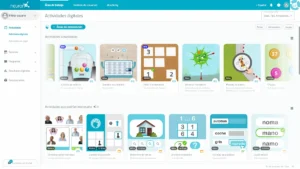

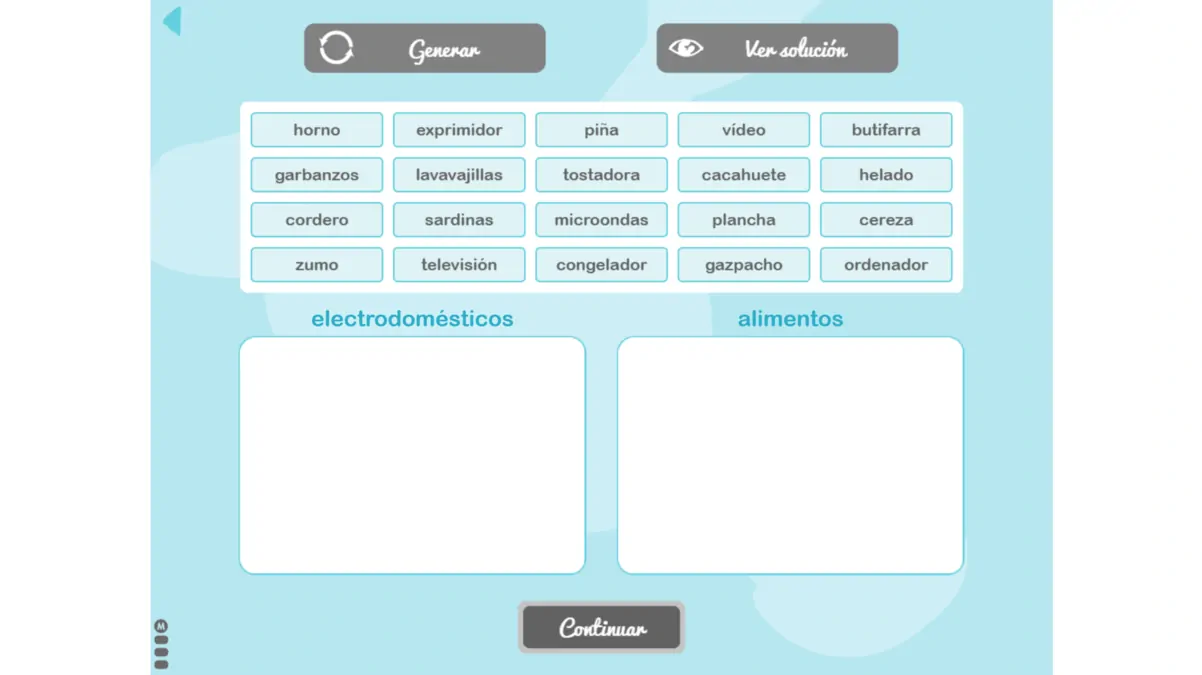


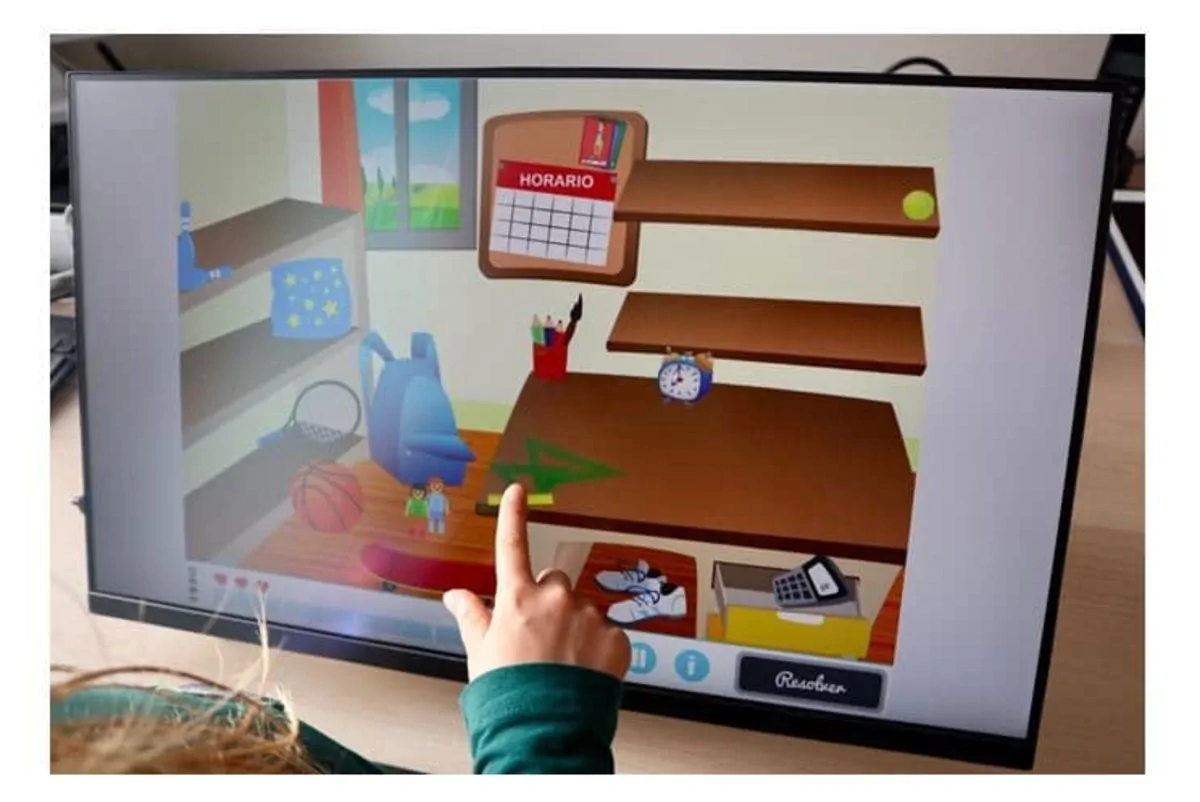
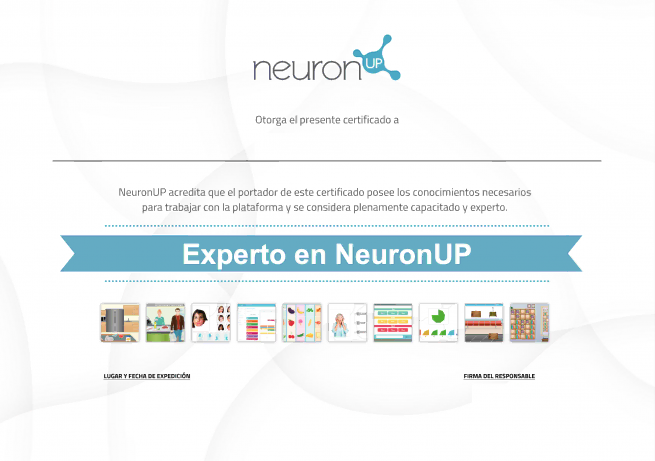
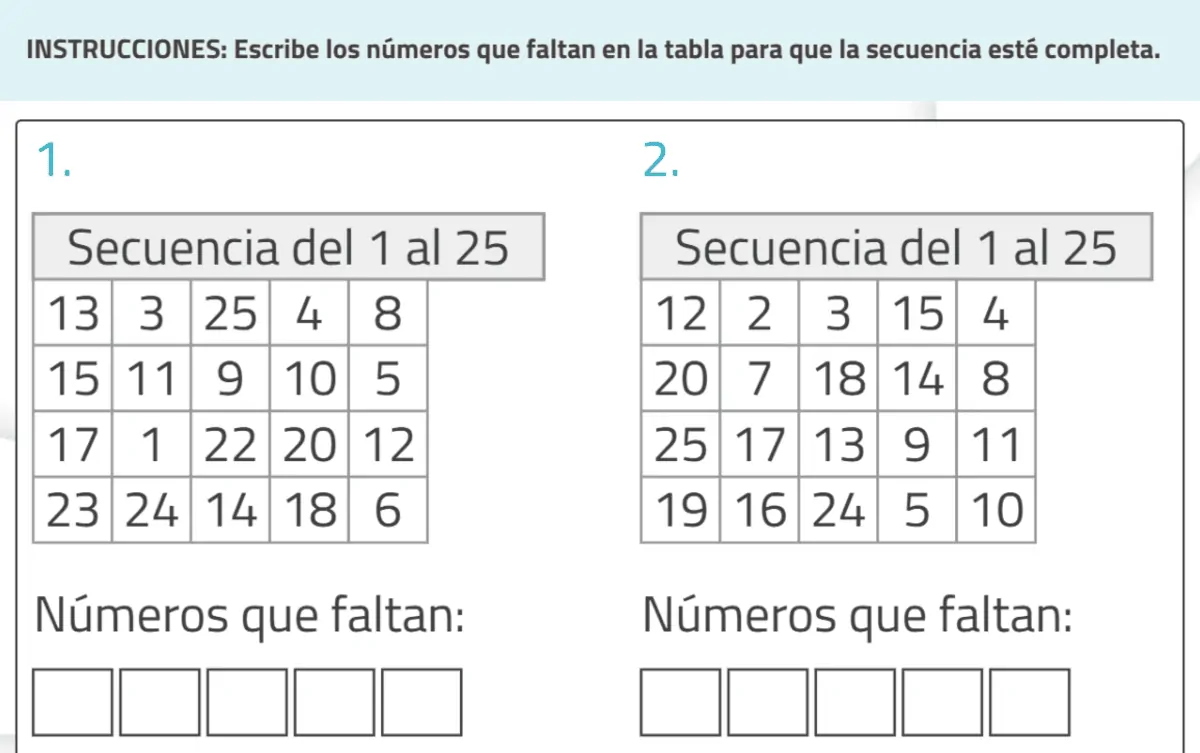 Sustainí attention activities for adults and children
Sustainí attention activities for adults and children
Leave a Reply